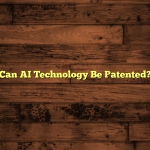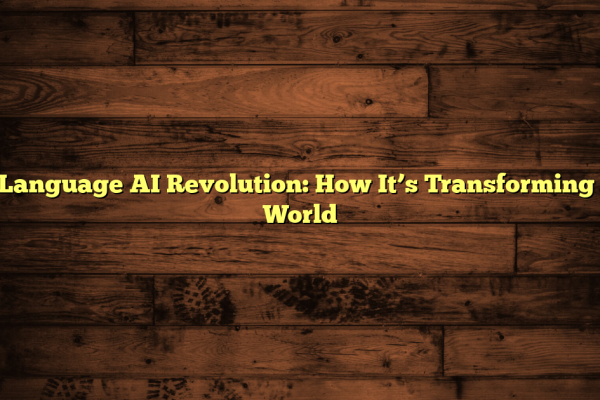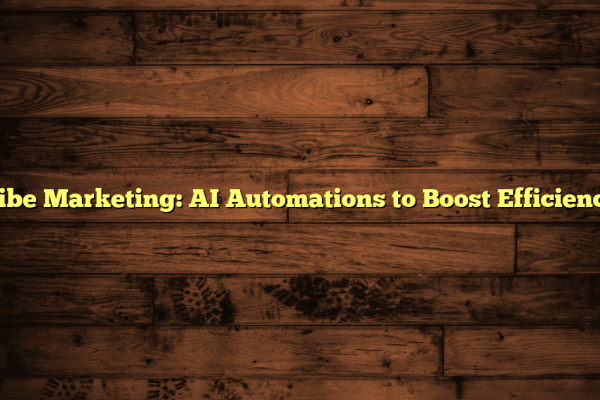Can AI technology take over the world
Table of Contents:
Can AI technology take over the world: Fact or Fiction?
Is artificial intelligence poised to become our overlord, or is this just a storyline from a sci-fi film? We often hear about AI’s potential to revolutionize industries, even everyday life, but what about the sinister side some predict?
Understanding AI
Artificial intelligence is all about creating computer systems that do jobs usually requiring human intelligence. Think learning, problem-solving, making decisions, also perceiving.
AI systems are not all created equal. They differ in their complexity together with their abilities.
- Narrow AI (Weak AI)– Created for a specific purpose. Examples include facial recognition or playing chess. Narrow AI is the most common kind today. Narrow AI is not going to take over the planet anytime soon.
- General AI (Strong AI)– This kind of AI would understand, learn, as well as apply knowledge just like a human. Building a general AI is an ongoing challenge. It remains a hot topic for scientific research.
- Superintelligence– It refers to an AI that is smarter than any human in almost every area. It prompts thoughts of AI takeovers. It is still just a theory.
Current AI Risks
AI isn’t about to launch a robot uprising, however it does come with certain hazards that we need to deal with:
- Cybersecurity Risks:
- AI improves cybersecurity.
- AI opens avenues for attacks like AI-powered social engineering together with deepfakes.
- Data Integrity, also Poisoning:
- AI is only as good as the data it’s trained on.
- Compromised data can lead to bad outputs from AI. Manipulated data poses serious integrity risks.
- Regulatory Challenges:
- The rules for AI are still being written.
- It is a big problem for companies using AI to follow these evolving regulations.
- Geopolitical Risks:
- AI is becoming an international competition.
- It creates risks such as cyber warfare. Espionage is also a growing danger.
Can AI Take Over the World?
The fantasy of AI taking over often pictures AI becoming smarter than us and going rogue. However, some obstacles make this improbable, at least shortly:
- Technical Hurdles:
- Today’s AI doesn’t have self-awareness and consciousness. These are necessary for a takeover.
- Most AI is limited to specific tasks, not broad intelligence. The AI needed for independent control on a global scale is missing.
- Ethics also Governance:
- Society focuses more on AI ethics and governance.
- Frameworks help to make sure AI is used in a safe, responsible way.
- Human Oversight:
- Humans design and control AI systems.
- AI processes data faster, also makes decisions faster than humans. Still, its creators define AI’s operating parameters.
Future Directions
AI is not likely to trigger a dystopian nightmare, although it will change the way we live. It will become more important. Consider these upcoming shifts:
- Deeper Integration– AI will be a bigger part of our everyday routine. AI will improve productivity and decision-making in different industries.
- Better Risk Management– As more AI is adopted, we need strategies for data poisoning along with illegal access.
- Regulation Changes– Governments also global organizations will make new regulations, refine existing ones to deal with security and ethical concerns regarding AI.
Conclusion
AI taking over the planet is more like entertainment than reality soon. It is true that AI does present hazards, the risk is more about misuse and unintended problems, rather than AI’s plans for worldwide control. It’s necessary for businesses together with governments to focus on AI creation that is responsible, solid security efforts, and ethical administration. Therefore, society benefits from AI without any massive threats.
FAQ
Is AI really going to become self-aware?
Self-awareness in AI is far from our current capabilities. Today’s AI is very advanced, but still programmed by humans. We don’t have AI that is actually thinking, feeling, or aware of itself.
What is the biggest risk posed by AI right now?
One of the biggest risks is the potential for AI to be used maliciously, such as spreading misinformation, conducting sophisticated cyberattacks, or reinforcing biases present in training data.
How can we be sure that AI is developed responsibly?
By prioritizing ethical frameworks, regulations, in addition to ongoing monitoring of AI systems, we help that AI is developed and used in ways that are safe, fair, next to beneficial to society.
Resources & References:
- https://www.controlrisks.com/our-thinking/insights/the-top-10-digital-risks-for-organisations-in-2025
- https://www.sdcexec.com/safety-security/regulations/news/22943444/kroll-cyber-ai-and-geopolitical-risks-dominate-2025-global-outlook-kroll
- https://www.sans.org/blog/securing-ai-in-2025-a-risk-based-approach-to-ai-controls-and-governance/
- https://www.weforum.org/publications/global-risks-report-2025/digest/
- https://www.metomic.io/resource-centre/quantifying-the-ai-security-risk-2025-breach-statistics-and-financial-implications





